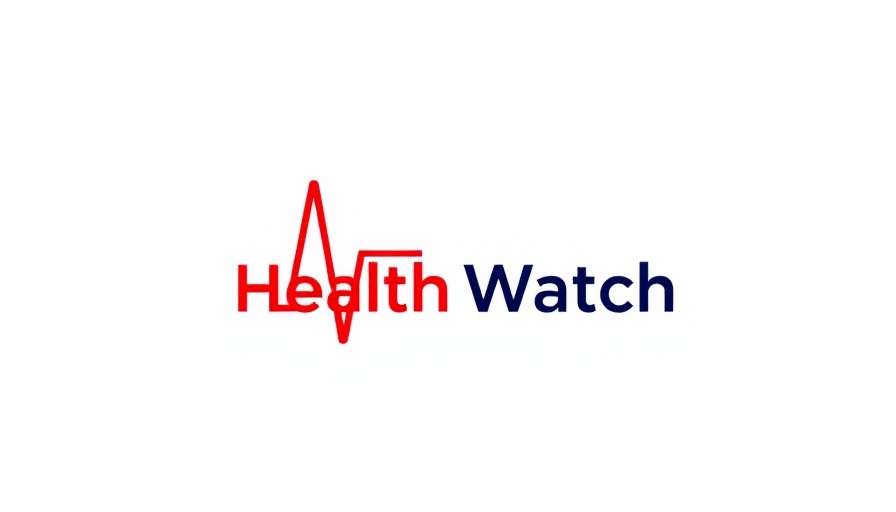
Eye-Opening Revelations About Weight Loss Medications
In recent months, weight loss drugs like Ozempic and Mounjaro have garnered attention not only for their effectiveness in combating obesity but also for their alarming side effects, particularly concerning vision loss. Patients like James Norris and Cheryl Bovee have become tragic examples of this unforeseen danger, sharing stories of irreversible blindness and sudden vision impairments due to these medications.
The Dark Side of Miraculous Weight Loss
For many, drugs like Ozempic and Mounjaro felt like lifelines, promising rapid weight loss and health improvements. A 2025 study published in JAMA Ophthalmology analyzed cases of patients who experienced serious optic nerve conditions after using these medications. Among the issues reported were non-arteritic anterior ischemic optic neuropathy (NAION) and other optic nerve-related disorders, leading to discussions around a new term: "Ozempic blindness." These developments highlight the pressing need for awareness about potential risks associated with these medications.
A Personal Journey: From Hope to Hardship
James Norris, once a hopeful candidate for Mounjaro, experienced significant weight loss—89 pounds to be exact—that initially made him feel like he was on the right track. However, things took a drastic turn when he began experiencing clouded vision shortly after a dosage increase. The subsequent diagnosis of NAION revealed a life-altering condition that stripped him of his ability to work effectively as a mechanic. "I didn’t know what was going on," reflected Norris, emphasizing the shock of an unexpected side effect.
Legal Battles and Medical Dilemmas
Norris is not alone; individuals like Cheryl Bovee have also found themselves navigating the tumultuous waters of legal action against drug manufacturers like Novo Nordisk. Both hope their stories will raise awareness and lead to better patient education regarding the risks of these medications. Bovee, now legally blind, articulated the emotional upheaval of losing her vision, stating that her hopes and dreams have been completely shattered.
What the Studies Say: Understanding the Risks
Continued research reveals a concerning correlation between GLP-1 receptor agonists such as semaglutide and increased risks for various forms of vision loss. Diabetics and those using these weight-loss medications may be significantly more susceptible to developing conditions like NAION. This connection is underscored by investigations showing that diabetic patients taking these drugs are four times more likely to experience vision complications compared to those who do not, raising questions about the overall safety of these widely prescribed treatments.
Future Directions: A Call for Caution
Experts in the field urge individuals to proceed with caution if they are considering these medications, especially those with pre-existing vision impairments. The implications of sudden blood sugar normalization facilitated by drugs like Ozempic and Mounjaro may warrant careful monitoring and a slower approach to weight loss to mitigate any risks. Subtle changes in vision should be immediately reported to healthcare providers to ensure timely interventions.
Conclusion: Educate Yourself
As weight loss medications continue to rise in popularity, the stories of individuals like James Norris and Cheryl Bovee serve as critical reminders of the potential risks involved. Understanding the side effects, conducting thorough research, and maintaining an open dialogue with healthcare professionals can empower patients to make informed decisions about their health. If you or someone you know is considering these drugs, be vigilant about monitoring any changes in vision or overall health.
To learn more about the implications of these medications, consult with a healthcare professional. Awareness is the first step towards ensuring safety while pursuing weight loss and improved health.
 Add Row
Add Row  Add
Add 




Write A Comment